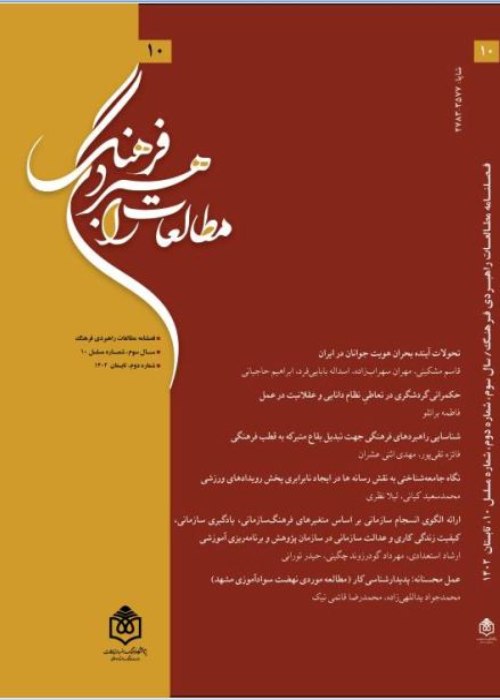Fertility intentions in Iran: Determinants and limitations
In modern societies, where couples are mainly able to decide on the number and timing of having children, fertility intentions and desires are the most important determinants of reproductive behavior. This study aims to investigate fertility intentions and its determinates and limitations among married people in Iran. For this purpose, the National Family Survey data were analyzed which was conducted in 2018. The results showed that about 30% of childless people and 48% of people who have one child do not want to have a child/another child. Findings also revealed a negative relationship between education and fertility intentions. Fertility preferences were higher among Sunnis and males compared to Shiites and females. life satisfaction and marital relationship happiness also significantly affect the childbearing desire. The most important reasons for unwillingness to have children include: "problems and worries related to children and their future", "work conditions and opportunity costs", "relationships between couples" and "health and physical problems". Accordingly, policymakers need to implement policy packages to help families cover childcare costs and paid work and childrearing reconciliation to increase fertility to the replacement level.
- حق عضویت دریافتی صرف حمایت از نشریات عضو و نگهداری، تکمیل و توسعه مگیران میشود.
- پرداخت حق اشتراک و دانلود مقالات اجازه بازنشر آن در سایر رسانههای چاپی و دیجیتال را به کاربر نمیدهد.





